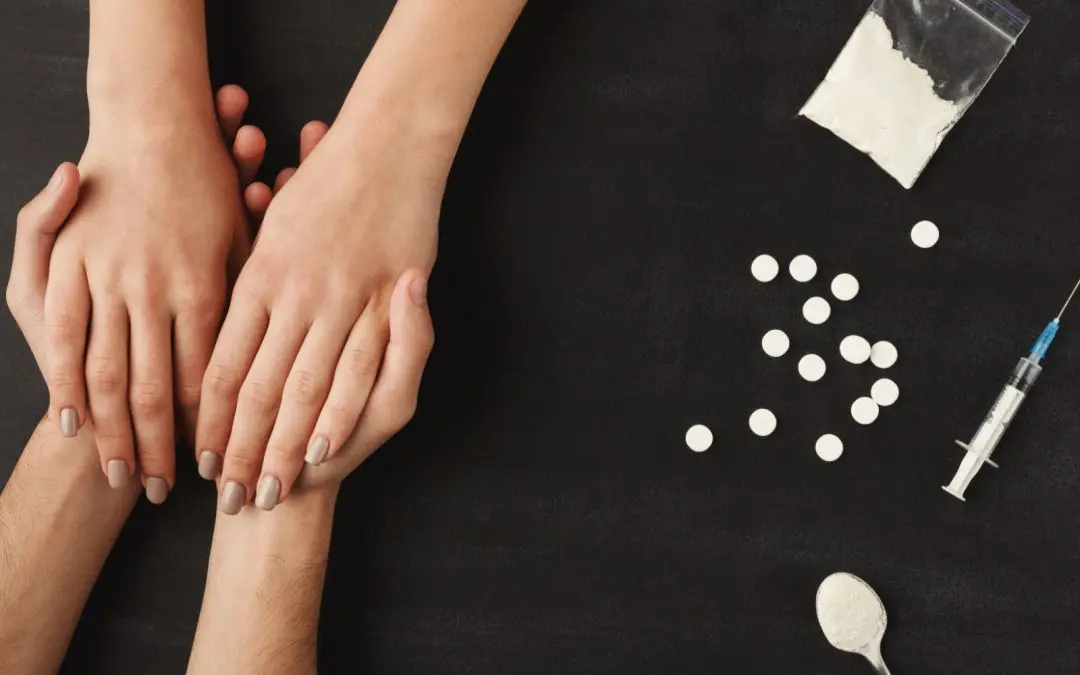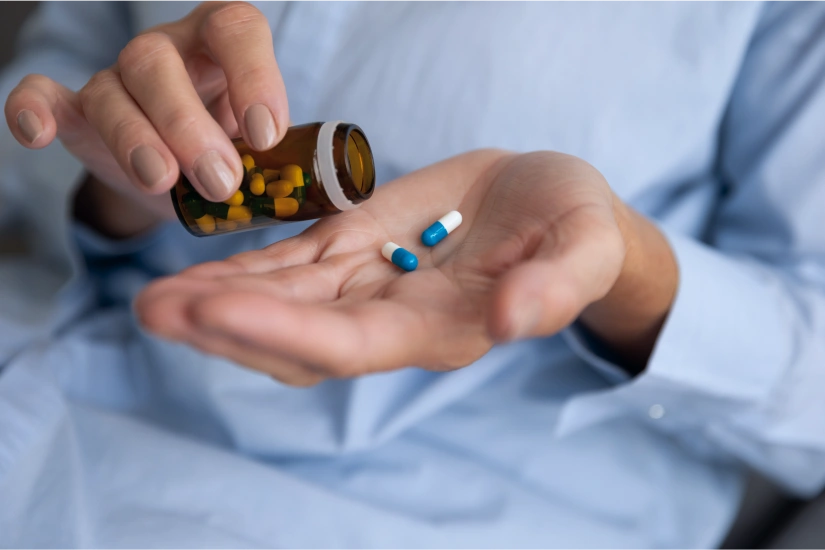24/7 Helpline:
(866) 899-221924/7 Helpline:
(866) 899-2219
Learn more about PTSD Treatment centers in Sea Girt
PTSD Treatment in Other Cities

Other Insurance Options

American Behavioral

UnitedHealth Group

Absolute Total Care

WellCare Health Plans

Optum
Beacon

Optima

Kaiser Permanente

Medical Mutual of Ohio

Access to Recovery (ATR) Voucher

Group Health Incorporated

BlueCross

Regence

Ceridian

Carleon

Sliding scale payment assistance

WellPoint

Sutter

ComPsych

AllWell




















Jersey Shore Daytox
Jersey Shore Daytox offers individualized and confidential opiate detoxification services. Services ...


